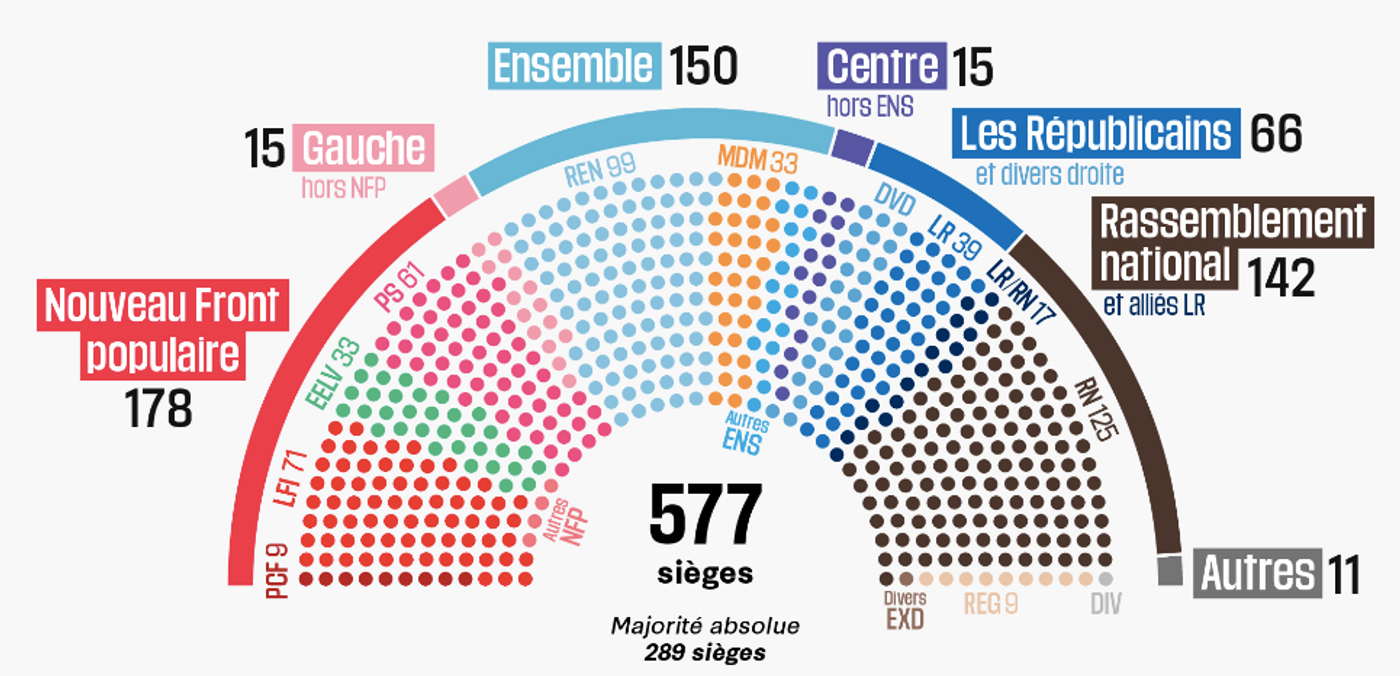By Thomas Maresca

Unionized workers at Samsung Electronics began an 'indefinite' strike on Wednesday after claiming that the tech giant did not engage in dialogue over wage and benefit demands. The National Samsung Electronics Union members rallied ahead of the strike on Monday at Hwaseong, outside of Seoul. Photo by Yonhap
SEOUL, July 10 (UPI) -- Unionized workers at Samsung Electronics declared an "indefinite general strike" on Wednesday, calling for a wage increase and other benefits in what has become the largest labor action in the tech giant's 55-year history.
A three-day strike that began this week was scheduled to end on Wednesday. However, the National Samsung Electronics Union announced a change of plans, citing a lack of engagement from the company.
The union "confirmed that the company has no intention of dialogue even after the first general strike, and declared a second indefinite general strike from July 10," the NSEU said in a statement.
"We have confirmed that there will be a clear production line disruption, and the company will regret this decision," it said. "Management will eventually bend its knees and come to the negotiating table. We are confident in our victory."
Related
Samsung expects more than 1,400% profit jump in Q2 on demand for AI chips
White House announces new $6.4B CHIPS deal with Samsung
Samsung chair found not guilty of charges connected to 2015 merger
The NSEU has more than 30,000 members, accounting for almost a quarter of Samsung Electronics' total South Korean workforce of roughly 125,000.
A one-day strike held last month by the NSEU marked the first-ever walkout at the smartphone and chipmaking leader, which went decades without a significant labor union presence. Samsung, the country's largest private employer, changed its stance after a 2019 trial found dozens of top executives guilty of union-busting activities.
White House announces new $6.4B CHIPS deal with Samsung
Samsung chair found not guilty of charges connected to 2015 merger
The NSEU has more than 30,000 members, accounting for almost a quarter of Samsung Electronics' total South Korean workforce of roughly 125,000.
A one-day strike held last month by the NSEU marked the first-ever walkout at the smartphone and chipmaking leader, which went decades without a significant labor union presence. Samsung, the country's largest private employer, changed its stance after a 2019 trial found dozens of top executives guilty of union-busting activities.
Union leaders and Samsung management started wage negotiations in January but failed to come to an agreement. The NSEU's current demands include a 3.5% raise in base pay, an additional vacation day, an improved performance bonus system and compensation for all members who participated in the strike.
More than 6,000 union members joined the initial three-day strike on Monday, with some 5,000 coming from the semiconductor division, the NSEU said earlier this week.
Samsung Electronics said that there have been no disruptions in production lines so far and vowed that none would occur, according to local media.
Analysts also predict a limited impact from the strike on the Suwon-based company.
"Because semiconductor factories rely on automated production and have low actual manpower requirements, even if the strike is prolonged, our current assessment is that it will not affect Samsung's production capacity," Avril Wu, an analyst at Taipei-based Trendforce, told UPI.
The strike comes on the heels of the company's explosive profit growth in the second quarter, thanks to a strong recovery in the memory chip market driven by artificial intelligence demand.
On Friday, Samsung Electronics said in a regulatory filing that its operating profit reached $7.5 billion for the April-June period, up 1,452.2% on year.











